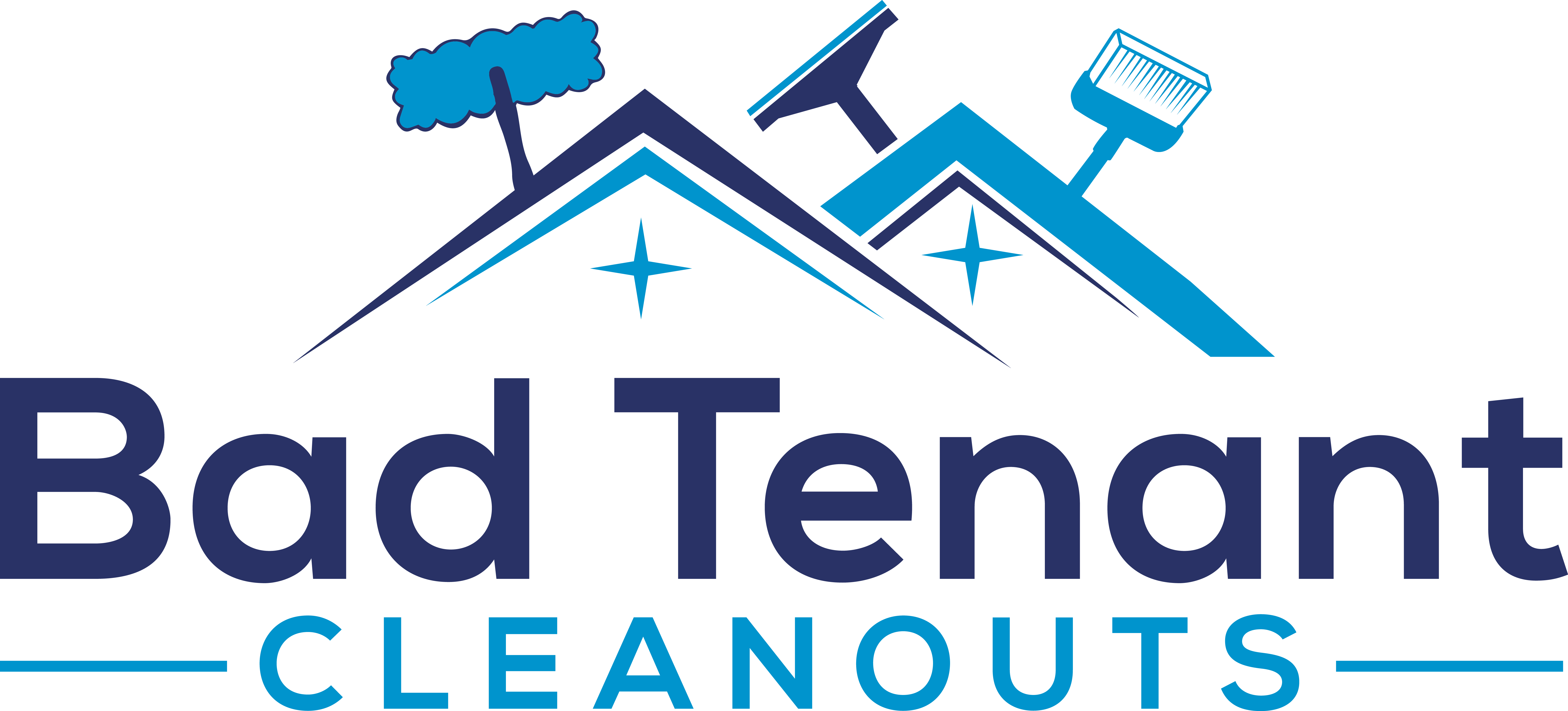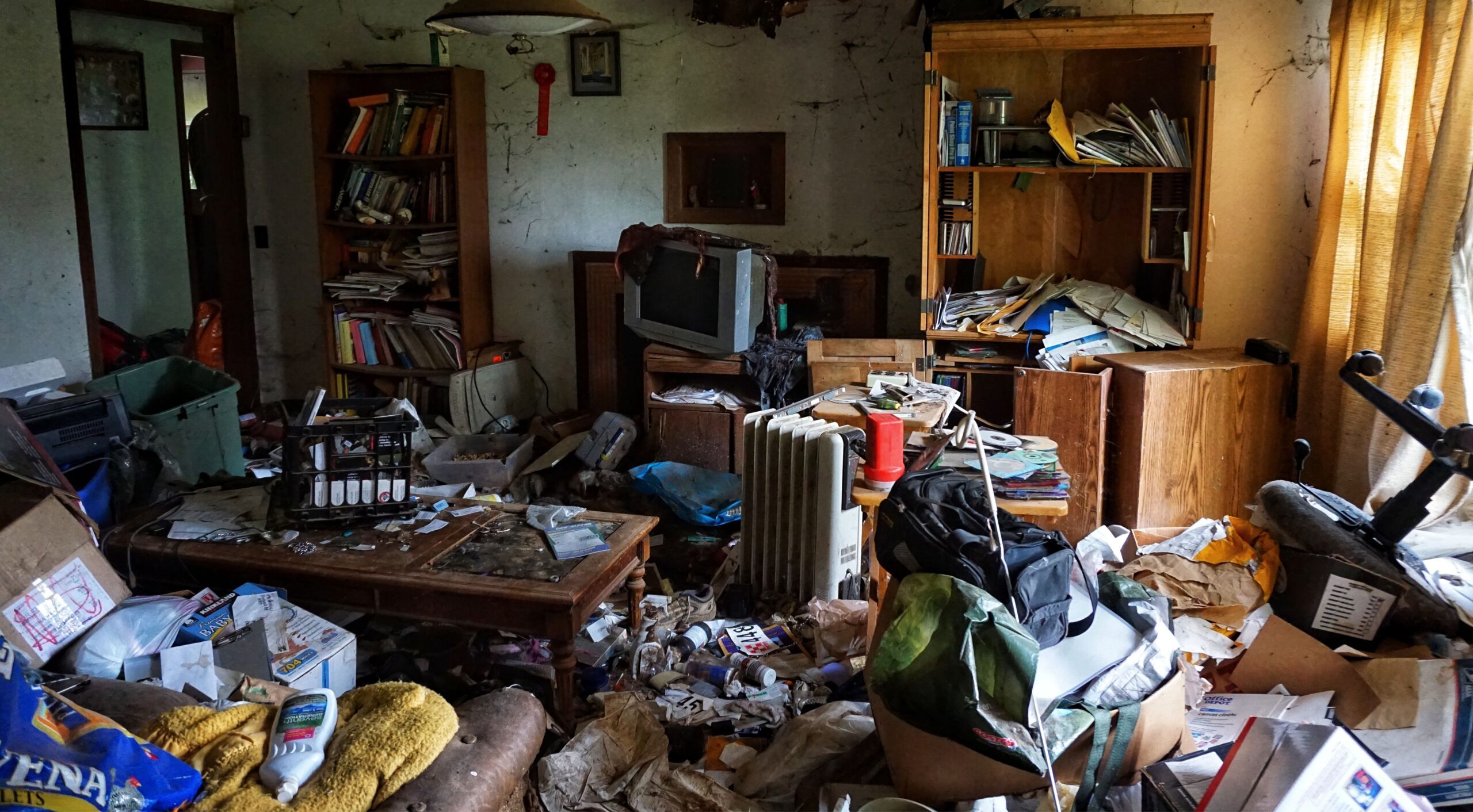A Comprehensive Guide to Landlord Notice of Entry in Ontario
As a landlord or tenant in Ontario, it’s important to understand the legal framework surrounding a landlord’s right to enter a rental property. The Residential Tenancies Act (RTA), which governs rental agreements in Ontario, outlines specific rules that both landlords and tenants must follow. One of the key areas is a landlord’s notice of entry. This guide will explain when and how landlords can enter a rental unit, the legal requirements for providing notice, and tenants’ rights in these situations.
Understanding the Landlord’s Right to Enter
In Ontario, landlords are generally required to provide advance notice before entering a tenant’s rental unit. This is to respect the tenant’s right to privacy while also allowing landlords to maintain their properties. However, there are specific situations where landlords can enter without notice, as well as rules governing how and when notice must be provided.
Key Scenarios When a Landlord Can Enter a Rental Unit
There are only a few situations in which a landlord can legally enter a tenant’s unit. These include:
- Emergency Situations (Without Notice)
- A landlord may enter a rental unit without providing notice if there is an emergency. This could include situations such as a fire, flooding, gas leak, or any other urgent situation that poses immediate danger to the property or its occupants.
- With Consent (No Notice Needed)
- If a tenant grants permission for the landlord to enter the unit, no formal notice is required. This consent should be given directly by the tenant, and landlords should ensure this permission is documented, especially if it is verbal.
- To Show the Unit to Prospective Tenants (24-Hour Notice)
- If a tenant has provided notice of termination or the landlord has given proper notice of termination, the landlord may enter the unit to show it to prospective tenants. In this case, the landlord must provide at least 24 hours’ notice to the tenant.
- For Repairs or Maintenance (24-Hour Notice)
- Landlords may enter the rental unit to make necessary repairs, perform maintenance, or conduct inspections to ensure the unit is in good repair. A minimum of 24 hours’ written notice must be provided.
- To Inspect for Damage or Health and Safety (24-Hour Notice)
- The landlord may also enter the rental unit to inspect for potential damage or health and safety concerns. Like repairs, at least 24 hours’ written notice is required.
- To Allow Access to Utility Workers or Contractors (24-Hour Notice)
- Landlords may need to provide access to third parties, such as utility workers, contractors, or municipal officials. A 24-hour notice is still required in this case.
Requirements for Providing Notice
In most cases, Ontario law requires landlords to provide tenants with written notice before entering a rental unit. Here’s what landlords need to know about giving proper notice:
1. Written Format
- The notice must be in writing. Verbal notices are not sufficient unless the tenant gives immediate permission for entry. While an email or letter can be used, the written notice should include all required information.
2. Content of the Notice
The written notice should contain the following details:
- The reason for entering the rental unit.
- The date and time when the landlord plans to enter.
- The entry must be between 8 a.m. and 8 p.m., unless otherwise agreed with the tenant.
3. 24-Hour Minimum Requirement
- The landlord must provide the tenant with at least 24 hours’ notice before entering the rental unit. The notice period starts from the time the tenant receives the notice, meaning landlords must consider when and how the notice is delivered.
Tenant’s Rights Regarding Entry
Tenants in Ontario have several rights when it comes to their landlord entering their rental unit, even in cases where notice is properly given:
1. Right to Privacy
- Tenants have a fundamental right to privacy in their rental home. Landlords must not abuse the notice of entry to intrude on tenants’ personal space unnecessarily or without a valid reason.
2. Right to Be Present
- Tenants are not required to be present when the landlord enters, but they have the right to be there if they wish. Landlords should make reasonable efforts to accommodate the tenant’s schedule where possible, although the law does not require landlords to arrange their entry based on the tenant’s availability.
3. Right to Refuse Unauthorized Entry
- If a landlord tries to enter the unit without providing proper notice or without the tenant’s consent, the tenant has the right to refuse entry. Unauthorized entry can be considered harassment, and tenants may report such incidents to the Landlord and Tenant Board (LTB).
4. Notice for Entering to Show Prospective Buyers
- If the property is being sold, the landlord has a right to show the unit to potential buyers, but the tenant still requires at least 24 hours’ notice. The tenant also has the right to refuse unreasonable showings, especially if they disrupt the tenant’s quiet enjoyment of the home.
Remedies for Violations of Entry Rules
Landlords who fail to follow the rules regarding notice of entry can face legal consequences. Tenants have several remedies if their landlord violates their right to notice:
- Filing a Complaint with the Landlord and Tenant Board (LTB)
- Tenants can file an application with the LTB if they believe their landlord has entered the unit illegally. The LTB can impose penalties on landlords who fail to follow the notice rules.
- Seeking Compensation
- In cases of severe or repeated violations, tenants may be entitled to compensation for any harm suffered due to illegal entry. This could include compensation for loss of quiet enjoyment, harassment, or other damages.
- Termination of Tenancy
- If the landlord repeatedly violates the tenant’s rights by entering without proper notice, the tenant may have grounds to terminate the lease early through the LTB.
Tips for Landlords: Ensuring Compliance
To avoid disputes and ensure compliance with Ontario’s landlord notice of entry laws, landlords should follow these best practices:
- Document Everything
- Always keep a written record of notices provided to tenants, including the date, time, and method of delivery. This can serve as evidence if any disputes arise.
- Provide Clear Communication
- Ensure that notices are clear, concise, and provided well in advance. Avoid last-minute notices or sending notices during inappropriate hours, which could lead to disputes.
- Respect Tenant’s Privacy
- Whenever possible, try to schedule entry times that are convenient for the tenant and minimize the frequency of visits. Entering too frequently, even with proper notice, can strain the landlord-tenant relationship.
- Know the Law
- Keep up-to-date with Ontario’s Residential Tenancies Act to ensure that all entry and other tenant-related actions are legally compliant.
Landlord Notice of Entry in Ontario
Both landlords and tenants have specific rights and responsibilities when it comes to notice of entry in Ontario. Landlords are required to provide adequate notice before entering a rental unit, except in certain emergency situations. On the other hand, tenants have the right to privacy and can refuse entry if proper procedures are not followed. By adhering to the Residential Tenancies Act and fostering open communication, landlords can avoid potential disputes and maintain a positive relationship with their tenants.
By knowing the rules and following them, both landlords and tenants can ensure a smooth and respectful rental experience.


